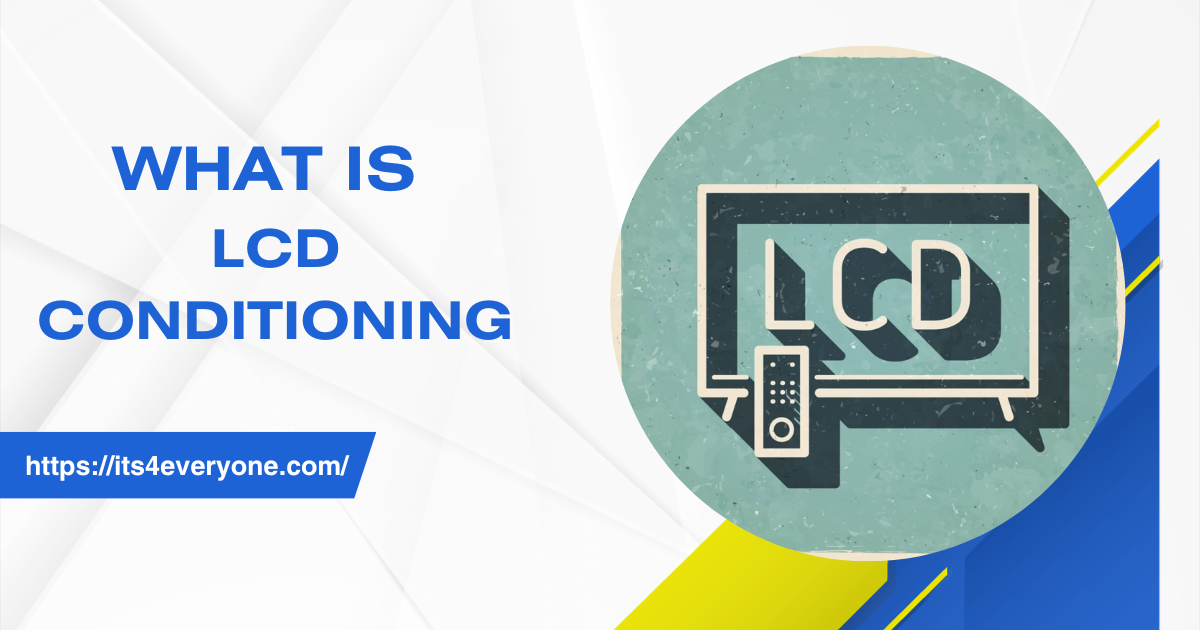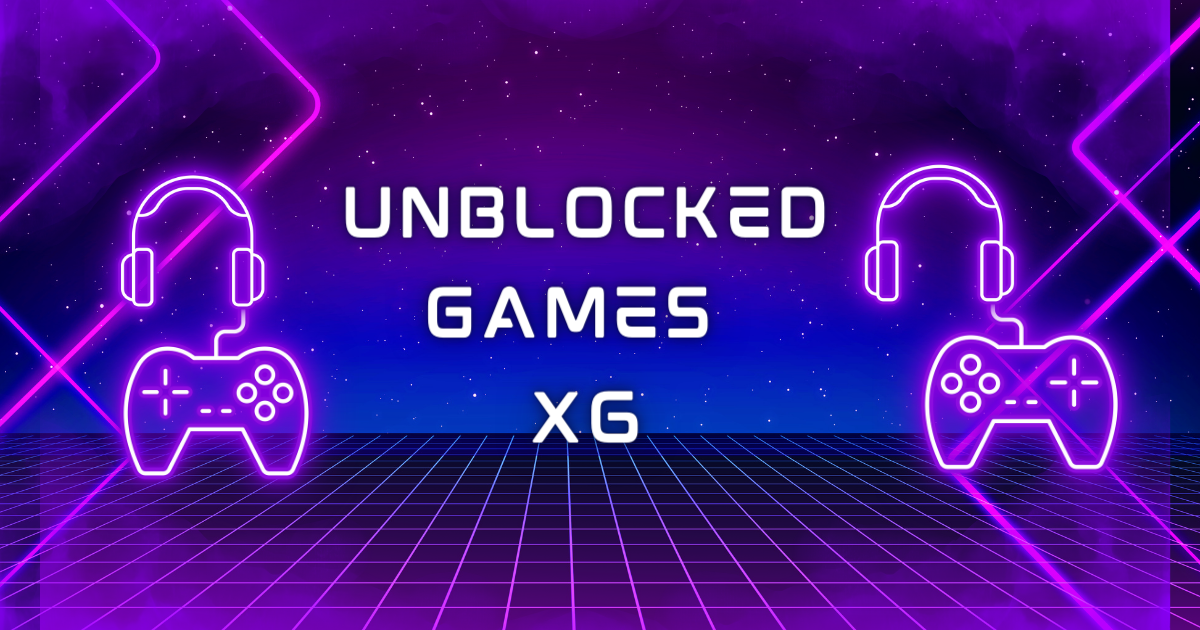In the ever-evolving world of technology, Liquid Crystal Displays (LCD) have become ubiquitous, enhancing our visual experiences across various electronic devices. From smartphones to large-screen TVs, LCD technology plays a pivotal role in delivering vibrant and sharp images. However, to ensure optimal performance and longevity, one must delve into the realm of LCD conditioning.
Understanding LCD Technology
Before we dive into the intricacies of LCD conditioning, let’s take a moment to understand the technology itself. In the realm of visual presentation, the Liquid Crystal Display, abbreviated as LCD, epitomizes flat-panel display innovation. This technology employs liquid crystals to fabricate images, with these crystals nestled between dual layers of glass. Through manipulation, they govern the flow of light, ultimately crafting the images that grace our screens.
LCD Conditioning Explained
LCD conditioning is a process designed to optimize the performance of LCD screens. It involves a series of adjustments and treatments aimed at enhancing color accuracy, preventing image retention, and extending the overall lifespan of the display. Think of it as a spa day for your electronic devices, ensuring they look and perform their best.
Benefits of LCD Conditioning
The benefits of LCD conditioning are manifold. Improved color accuracy ensures that the images displayed are true to life, making movie nights and gaming sessions more immersive. Furthermore, meticulous conditioning can markedly prolong the lifespan of your LCD screen, sparing you the inconvenience and cost associated with premature replacements.
Common Misconceptions About LCD Conditioning
Despite its importance, LCD conditioning is often shrouded in myths. Some believe it’s unnecessary or even harmful to the device. Let’s debunk these misconceptions and shed light on why LCD conditioning is a crucial aspect of electronic device maintenance.
How to Condition Your LCD Screen
Now that we understand the significance of LCD conditioning, let’s explore how to implement it effectively. From using specialized cleaning solutions to adjusting display settings, we’ll guide you through the steps to ensure your LCD screen remains in peak condition.
Importance in Gaming Monitors
Gamers, in particular, stand to benefit from proper LCD conditioning. The responsiveness and clarity of gaming monitors are directly impacted by the quality of the LCD display. We’ll discuss tips and tricks to optimize your gaming experience through effective LCD conditioning.
LCD Conditioning vs. Calibration
It’s essential to differentiate between LCD conditioning and calibration. While conditioning focuses on the physical well-being of the LCD screen, calibration involves adjusting color settings for optimal visual output. We’ll explore when each process is necessary and how they complement each other.
DIY LCD Conditioning Tips
For individuals passionate about do-it-yourself projects, we have assembled a collection of methods tailored for maintaining LCDs within the confines of your home. However, a word of caution—some DIY practices can do more harm than good. We’ll provide guidance on safe and effective DIY LCD conditioning.
LCD Conditioning for Smartphones and Tablets
Our handheld devices are constantly exposed to the elements, making their screens susceptible to wear and tear. Discover special considerations for conditioning the LCD screens of smartphones and tablets, ensuring a crystal-clear display on the go.
Signs Your LCD Screen Needs Conditioning
Recognizing the signs that your LCD screen requires conditioning is crucial. From color inconsistencies to image retention issues, we’ll help you identify common problems and guide you on when it’s time to give your LCD screen some much-needed care.
The Future of LCD Technology
As technology continues to advance, so does the potential for LCD technology. Explore emerging trends and advancements that promise even better performance and durability in future devices. From higher resolutions to improved energy efficiency, the future looks bright for LCD screens.
Case Studies: Successful LCD Conditioning Stories
Real-life success stories can be inspiring. We’ll share case studies of individuals who have experienced the positive outcomes of effective LCD conditioning. The testimonials they provide stand as a testament to the influence this procedure can exert on the durability and performance of the device.
Environmental Impact of LCD Conditioning
While enjoying the benefits of LCD conditioning, it’s essential to consider the environmental impact. We’ll discuss sustainable practices in LCD maintenance, including the responsible disposal of electronic devices and reducing electronic waste.
Conclusion
In conclusion, LCD conditioning is not just a maintenance task; it’s a commitment to preserving the quality and longevity of your electronic devices. Whether it’s your gaming monitor, smartphone, or TV, a well-conditioned LCD screen ensures an optimal visual experience. Make LCD conditioning a part of your routine, and you’ll reap the rewards of vibrant, crystal-clear displays for years to come.
FAQs
- Is LCD conditioning necessary for all electronic devices?
- LCD conditioning is beneficial for most devices with LCD screens, but the frequency may vary.
- Can I use household cleaning products for LCD conditioning?
- It’s recommended to use specialized cleaning solutions to avoid damaging the LCD screen.
- How often should I condition my LCD screen?
- Frequency depends on usage, but a general recommendation is at least once every few months.
- How does LCD conditioning differ from calibration?
- LCD conditioning focuses on physical maintenance, while calibration adjusts color settings for optimal visuals.
- Does engaging in DIY LCD conditioning pose a risk of harming my device?
- Yes, certain DIY methods carry the potential for harm. Adhere to the recommended guidelines to mitigate the risk of causing damage.





